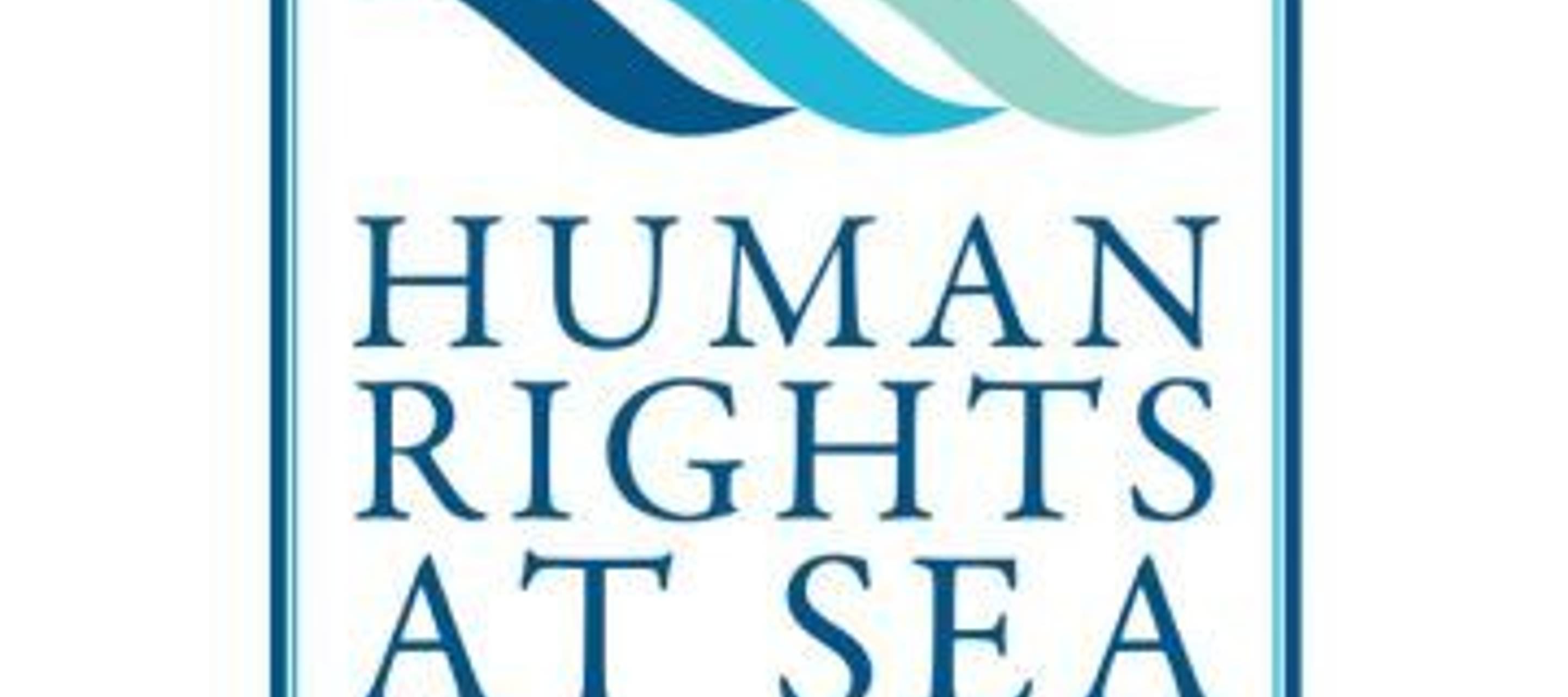Ensuring Respect for Human Rights at Sea
20 May 2014

The international “Human Rights at Sea” (HRAS) initiative was recently launched with the aim of raising the profile, awareness, implementation and accountability for human rights protections throughout the maritime industry, especially where they are currently absent and being abused. The new HRAS website, seeks to bring together in one place, human rights projects, initiatives and available commercial Corporate Social Responsibility (CSR) documentation relating to the maritime environment.
The initiative will also focus on how the UN Guiding Principles on Business and Human Rights apply to the maritime environment, including through model documentation for voluntary use by commercial maritime entities.
Why the need for the Human Rights At Sea initiative?
The UN Convention on the Law of the Sea (UNCLOS) 1982, as the primary international maritime convention, does not explicitly deal with human rights. However, Article 293 concerning ‘Applicable Law’ for the ‘Settlement of Disputes’, states that: “[a] court or tribunal having jurisdiction under this section shall apply this Convention and other rules of international law not incompatible with this Convention”.
This leaves the door open to the application of other areas of international law that could include international human rights law. To date, it appears that there have been few concerted attempts to bring the explicit relevance of human rights law to the forefront of the industry’s attention or relevant tribunals addressing maritime issues.
There is no reason why the principles of human rights and the application of human rights law should stop at the shoreline. Indeed, the maritime sector is unique in that workers and passengers are often outside the actual reach of any state authority while transiting international waters, (though are subject to the flag State jurisdiction), making it even more important that international standards are observed by the industry.
The HRAS Initiative will be the first independent multi-stakeholder platform addressing pertinent issues arising from failures to apply human rights protections at sea including, providing a source of information on reporting structures, assurances and remedies for abuses while also lobbying for the uptake of human rights standards. The Initiative also intends to serve in a knowledge and capacity building role by providing commercially usable CSR tools relating to business and human rights in the maritime sphere, outside those provided by the likes of the UN Global Compact.
The scope of work extends beyond the obvious stakeholders of seafarers and maritime workers to a wider range of human rights issues such as child exploitation in fishing fleets, use of children in armed robbery and piracy incidents, migrant and refugee abuses in the Mediterranean, slavery at sea and lack of explicit rights to education for seafarers. The HRAS initiative is fully supportive of the work carried out by the International Labour Organisation (ILO) and highlights the 2006 Maritime Labour Convention. But this convention, important as it is, focuses only on labour issues in the sector, and not other, broader human rights issues.
Additionally, there has yet to be a comprehensive review of the UN Guiding Principles on Business and Human Rights in terms of an implementing framework, model guiding principles, human rights impact assessments (HRIAs) and voluntary reporting and assurance methodologies specifically applicable to the maritime environment. This is a concurrent piece of work that the HRAS is undertaking.
The HRAS Initiative - Goals and Participants
The HRAS vision is to increase global awareness of the explicit requirement for protection of, respect for and provision of remedies in relation to human rights at sea while advocating for continued international development of effective, enforceable and accountable remedies for human rights abuses at sea. HRA acts as an independent, international and voluntarily applied information source which delivers a lobbying and discussion platform, promotes international maritime human rights projects, develops the maritime interpretation of the UN Guiding Principles on Business and Human Rights with international stakeholders and will, in due course, provide access to commercial documents for entities to voluntarily download and use in support of in-house CSR training, programmes and policies.
The development of the new initiative has involved on-going engagement with members of the international shipping community, State representatives, maritime associations, marine insurers, international lawyers, maritime charities and civil society NGOs. A number of ‘Supporting Entities’ have voluntarily agreed to support the HRAS initiative as an independent information source. These include law firms such as Morgan Cole LLP, Holman Fenwick Wilan LLP, ataergintanriverdi, academic institutions such as Middlesex University, Greenwich Maritime Institute and the Californian Maritime Academy, security industry companies and the Security Association for the Maritime Industry, as well as NGOs including the Romeo Dallaire Child Soldiers Initiative of Canada, Slave Free Seas from New Zealand and other civil society organisations such as the Walk Free Foundation and The Mission to Seafarers who will participate on a case-by-case basis. They all support the underpinning proposition that “Human rights apply at sea, as equally as they do on land”.
We are at the start of a very exciting and vanguard initiative to provide independent support and considered development to human rights in the maritime environment. We are now seeking international State, business, academic, civil society and individual support to take it forward.
For further details, contact:
david.hammond@humanrightsatsea.org
Tel: +44 203 700 4396



